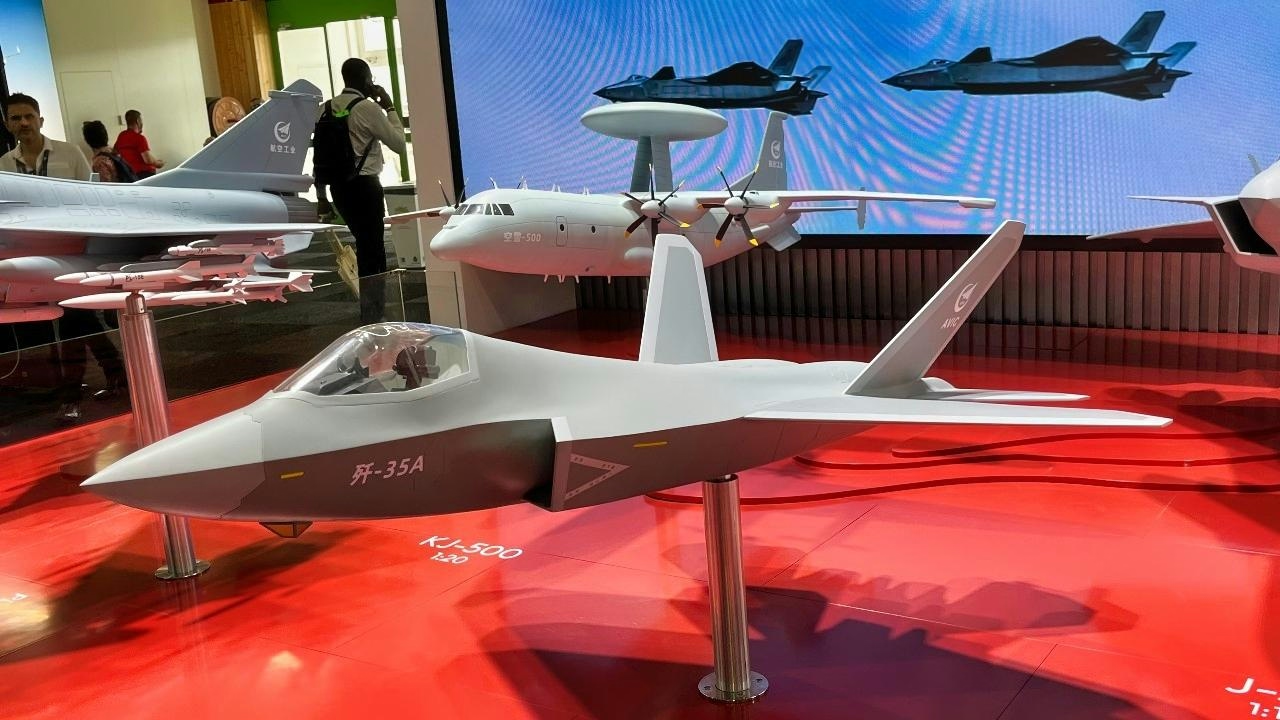
Smarter email, faster business.
Trending
Categories
Lufthansa Suspends Flights to Kazakhstan Due to Aircraft Shortage
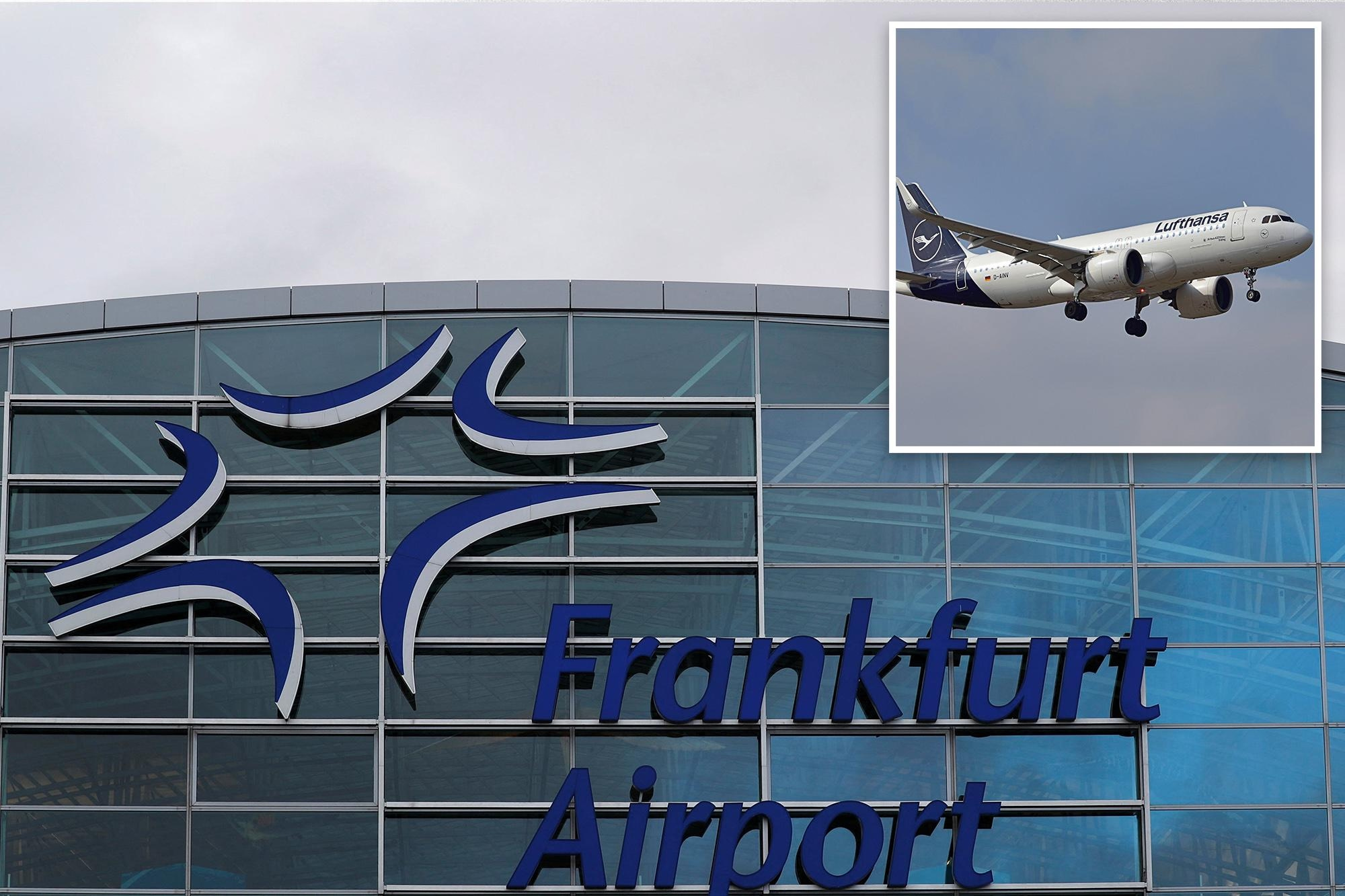
Lufthansa Suspends Flights to Kazakhstan Amid Aircraft Shortage
Lufthansa has announced a temporary suspension of its flights to Kazakhstan for the 2025/26 winter season, attributing the decision to persistent aircraft shortages and delays in new aircraft deliveries. The German flag carrier will halt services from Frankfurt International Airport to Astana Nursultan Nazarbayev and Almaty International airports from October 26, 2025, through March 29, 2026.
Operational Challenges and Fleet Constraints
The airline cited ongoing global supply chain disruptions and delayed aircraft deliveries as key factors affecting its ability to maintain current operations. “Like many airlines worldwide, Lufthansa is affected by aircraft delivery delays and supply chain disruptions, slowing down fleet renewal and growth—but also impacting the operational stability of its current fleet,” the company stated. While the suspension is confirmed for the winter season, Lufthansa has yet to announce whether flights to Kazakhstan will resume for the 2026 summer schedule, which remains under review.
Currently, Lufthansa operates five weekly flights to Kazakhstan, including routes from Frankfurt to both Almaty and Astana. These services are primarily operated using Airbus A330-300 and A340-300 aircraft. The suspension reflects broader operational challenges faced by Lufthansa and other European carriers, which are grappling with increased costs and logistical complexities amid a constrained aircraft market.
To mitigate these challenges, Lufthansa has implemented measures such as extending transfer times and securing backup aircraft to maintain its summer schedule. However, delays in the delivery of new widebody aircraft, particularly the Boeing 787-9, have compelled the airline to postpone the planned retirement of its older A340-600 fleet from 2025 to 2026.
Industry-Wide Impact and Fleet Composition
The aircraft shortage is not unique to Lufthansa. The wider aviation industry is experiencing heightened replacement demand, which is driving up fleet requirements and complicating strategic planning for many carriers. Competitors such as Swiss Airlines are also facing operational difficulties, including pilot shortages, which further strain capacity and scheduling.
According to ch-aviation Commercial Aviation Aircraft Data, Lufthansa’s current widebody fleet comprises seven A330-300s, seventeen A340-300s, fifteen A340-600s, thirty A350-900s, eight A380-800s, eight Boeing 747-400s, nineteen Boeing 747-8s, and five Boeing 787-9s. This diverse fleet underscores the complexity of managing aircraft availability amid ongoing supply chain and staffing challenges.
Lufthansa emphasized that maintaining a reliable flight schedule during the winter season remains a top priority. The temporary suspension of Kazakhstan flights is part of the airline’s broader strategy to ensure operational stability in a difficult market environment. Industry analysts suggest that this pause may result in a short-term decline in passenger demand for flights to Kazakhstan, while the aviation sector continues to navigate the ripple effects of aircraft shortages and evolving fleet management strategies.
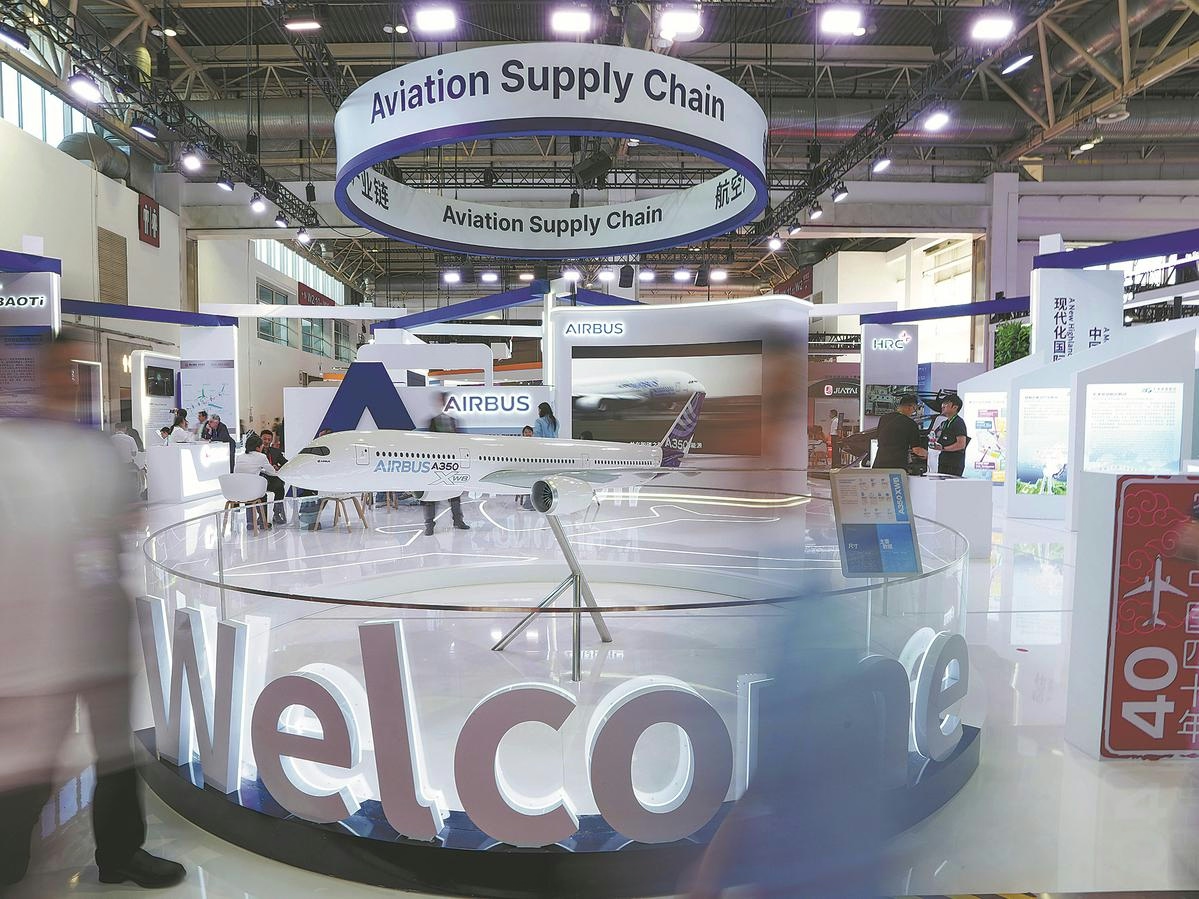
Foreign Companies Focus on Digital and Green Supply Chains
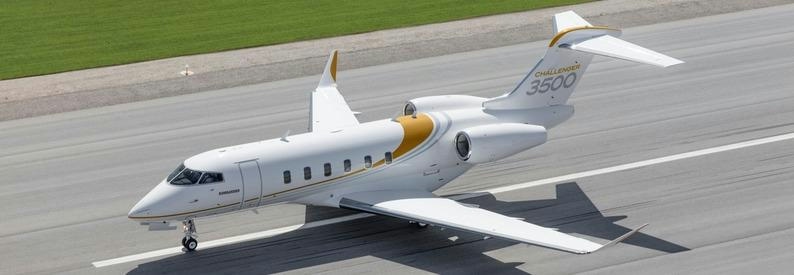
Türkiye's Wind Aviation Adds Challenger 3500 and Obtains AOC

Additive Manufacturing Transforms the Aviation Titanium Alloy Supply Chain
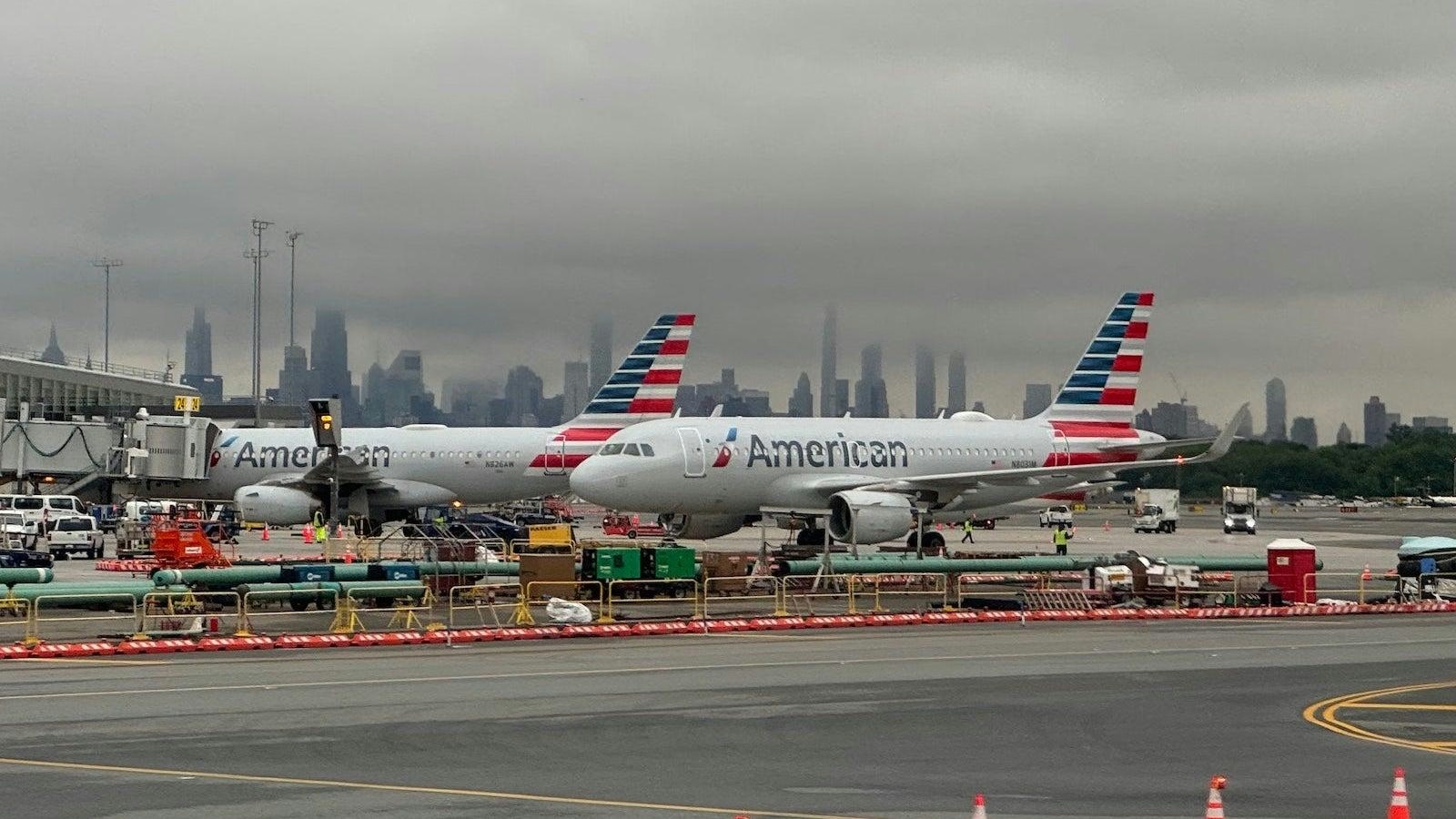
American Airlines Criticizes Delta's AI Pricing While Increasing Solo Passenger Fees
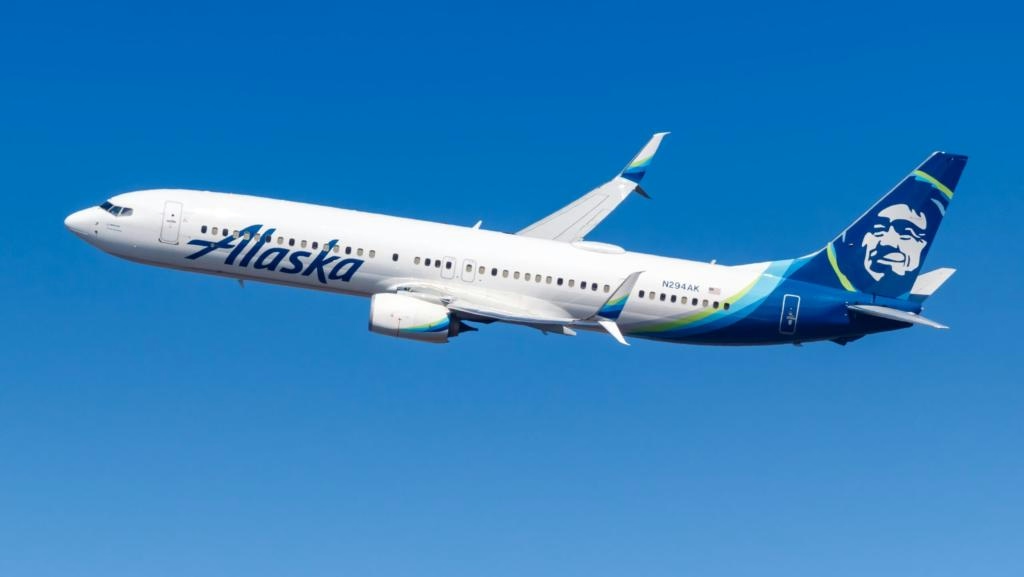
NPA Denies Aviation Fuel Shortage, Assures Stable Supply
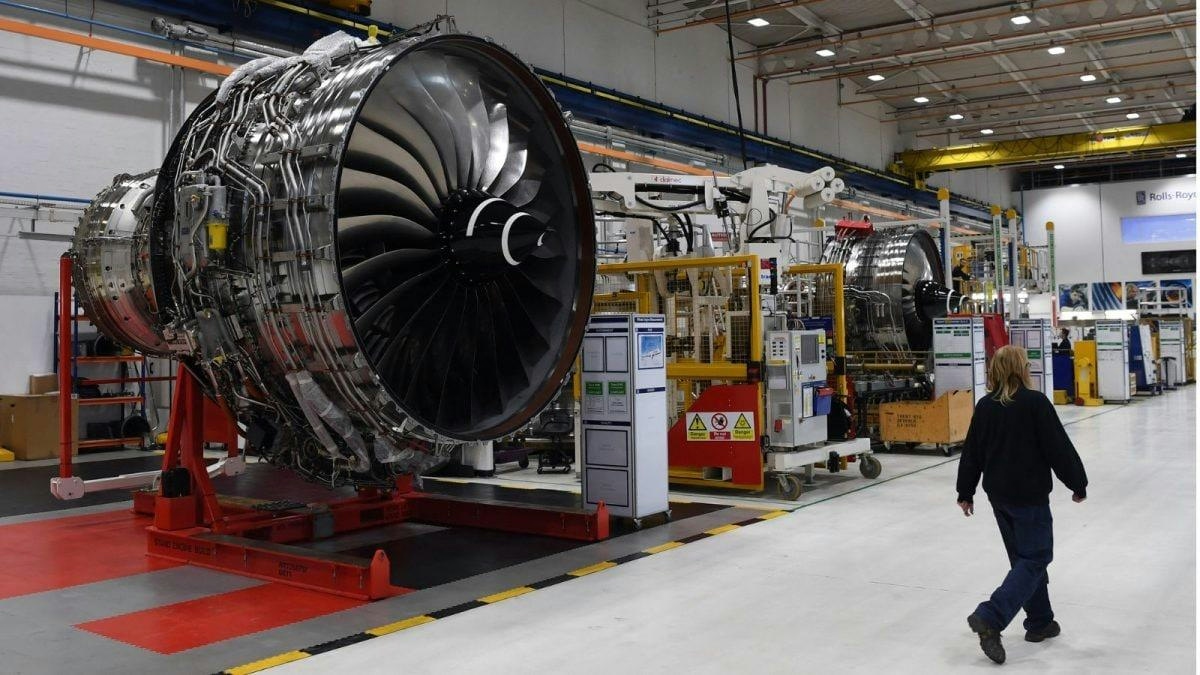
Airbus and Rolls-Royce Secure £5 Billion Deal to Supply Indian Airlines

American Airlines CEO Responds to Delta Criticism on AI Pricing
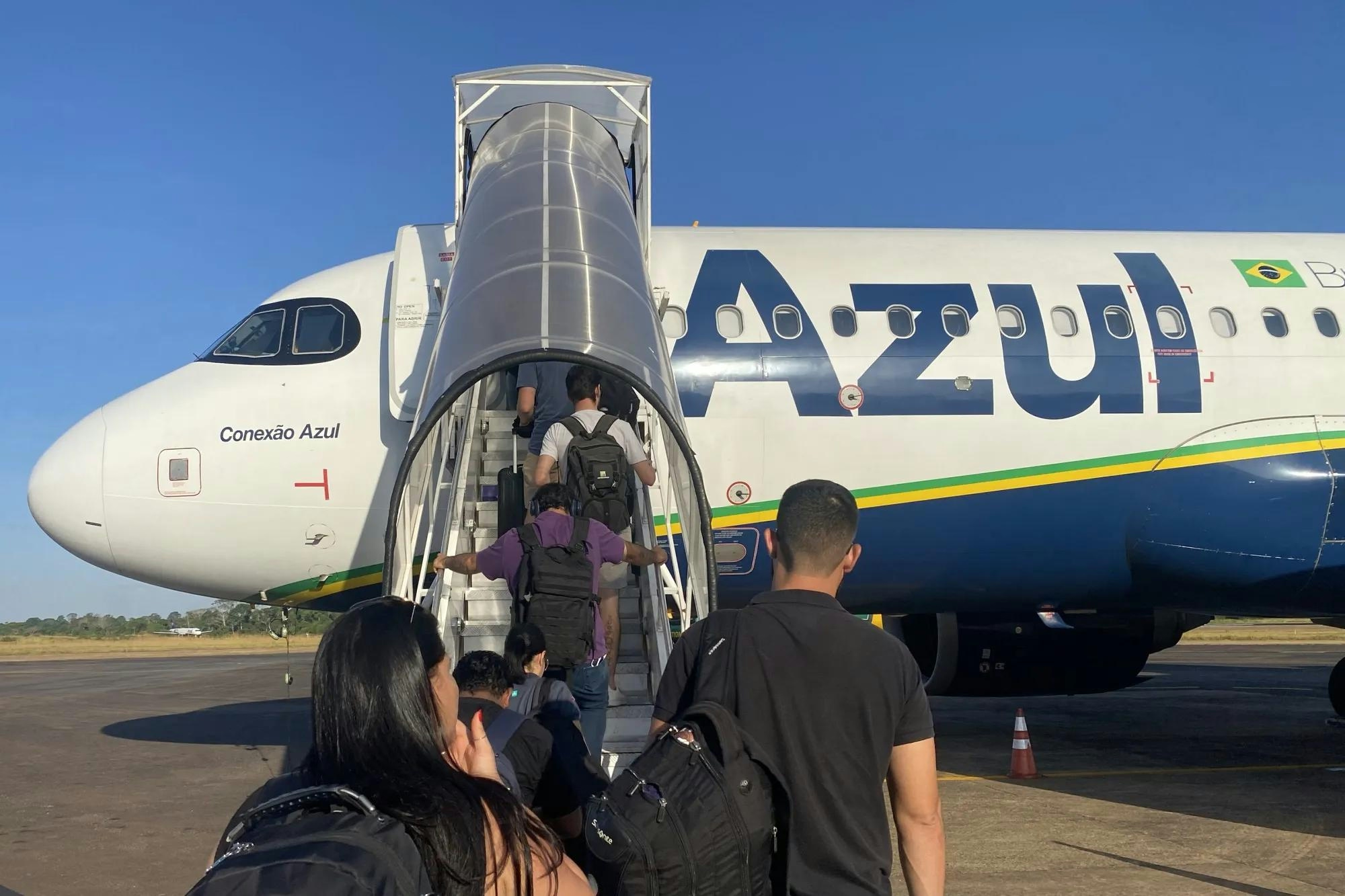
Brazil’s Azul Requests Approval for $1.57 Billion Financing
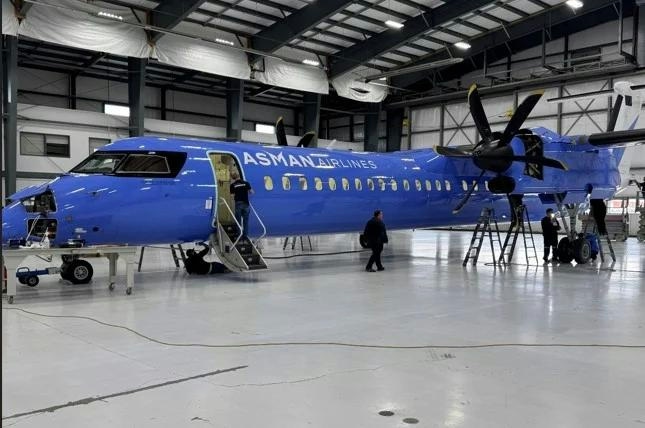
Asman Airlines Receives New Dash-8 Aircraft
